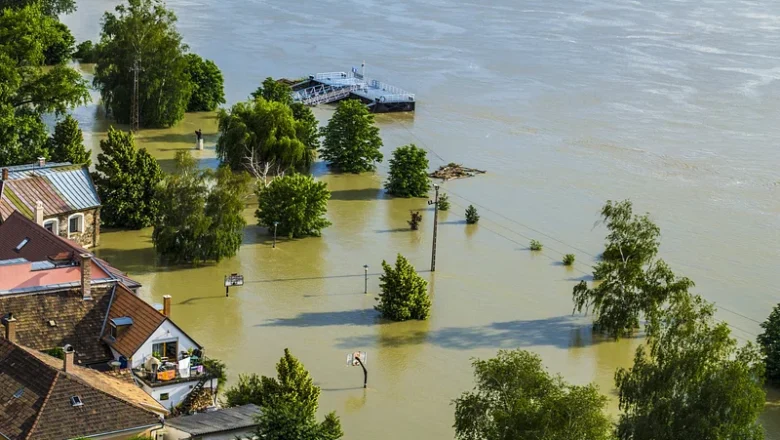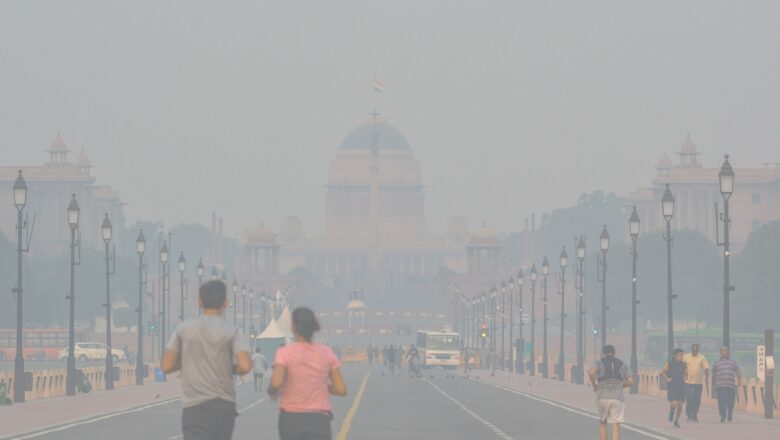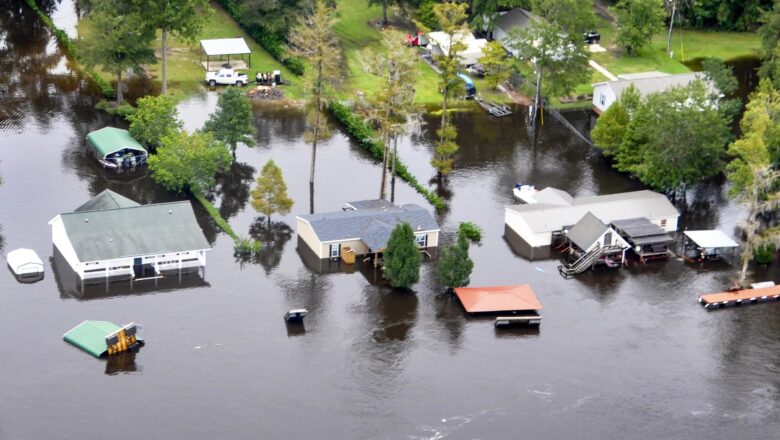
Mizoram delays official visits as floods and landslides disrupt lives, Tripura turns schools into shelters
June 5, 2025 — As relentless rains continue to batter India’s Northeast, the states of Mizoram and Tripura are grappling with severe weather disruptions that have triggered landslides, flash floods, and large-scale displacement. The Mizoram government has postponed all official visits, including those by dignitaries and state officials, to prioritize disaster management and public safety.
In a circular issued on June 2 by Mizoram’s General Administration Department, authorities confirmed that prolonged and intense rainfall has led to widespread destruction. Key districts have been affected by landslides and mudslides, with critical infrastructure damaged and normal life severely hampered. District Disaster Management Authorities (DDMAs), led by Deputy Commissioners, are on high aler...









